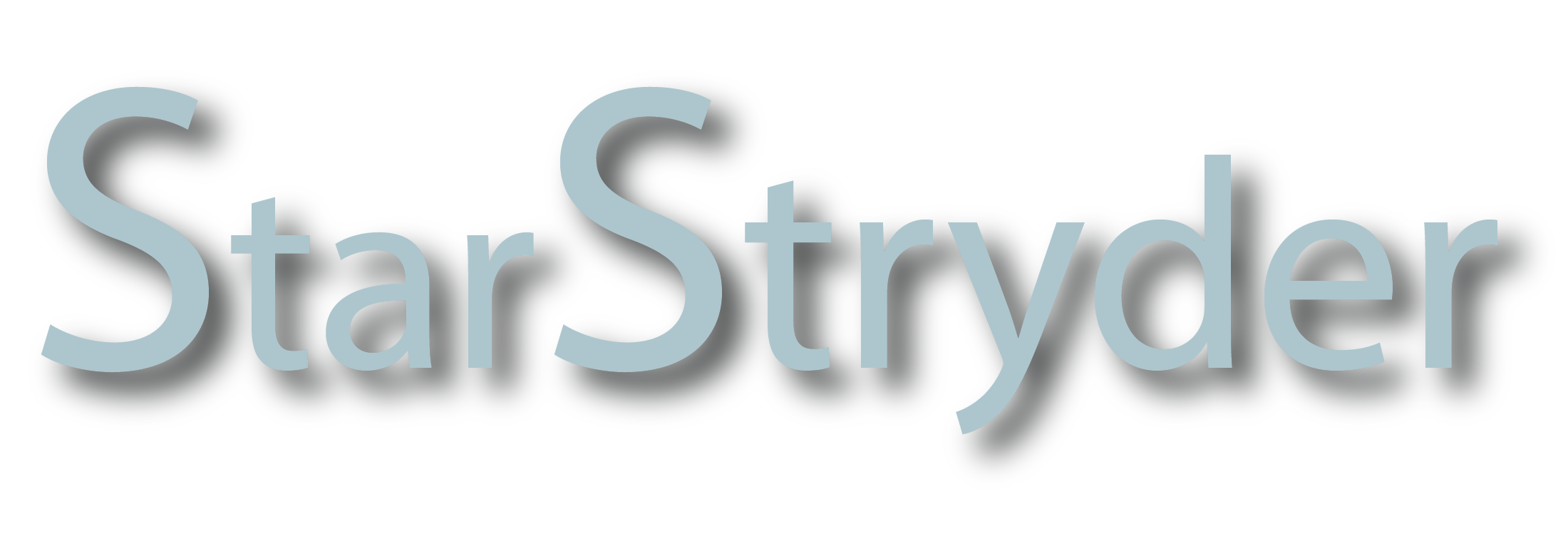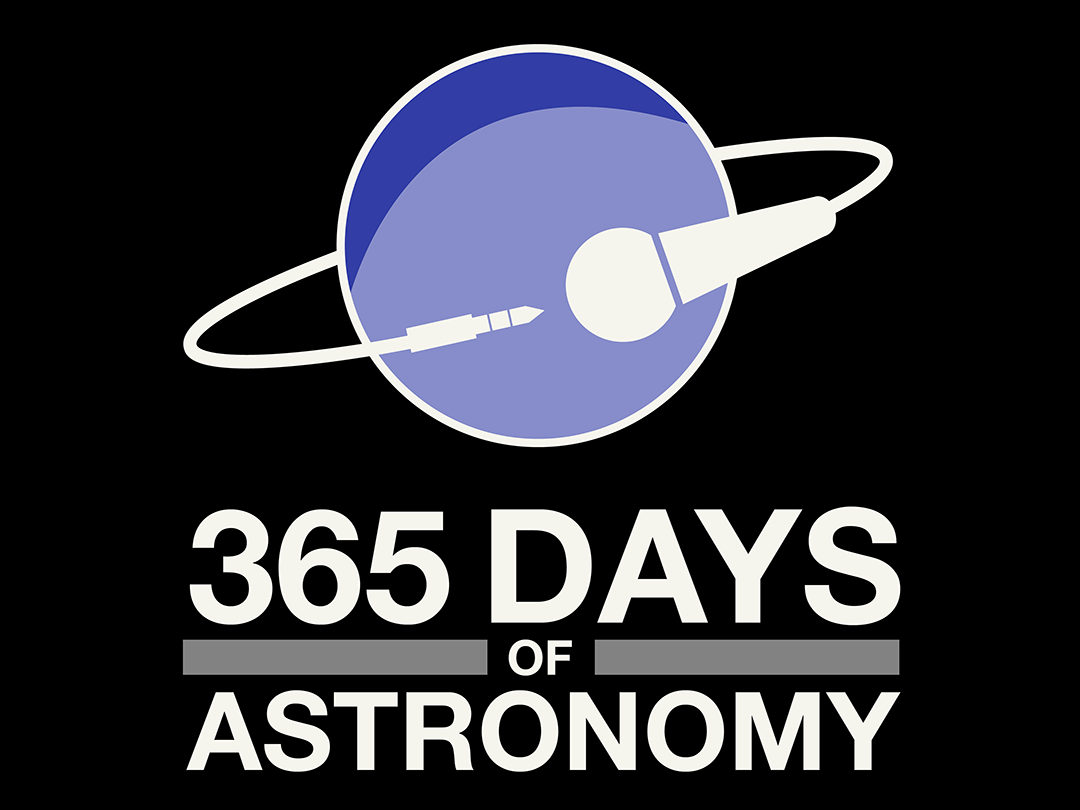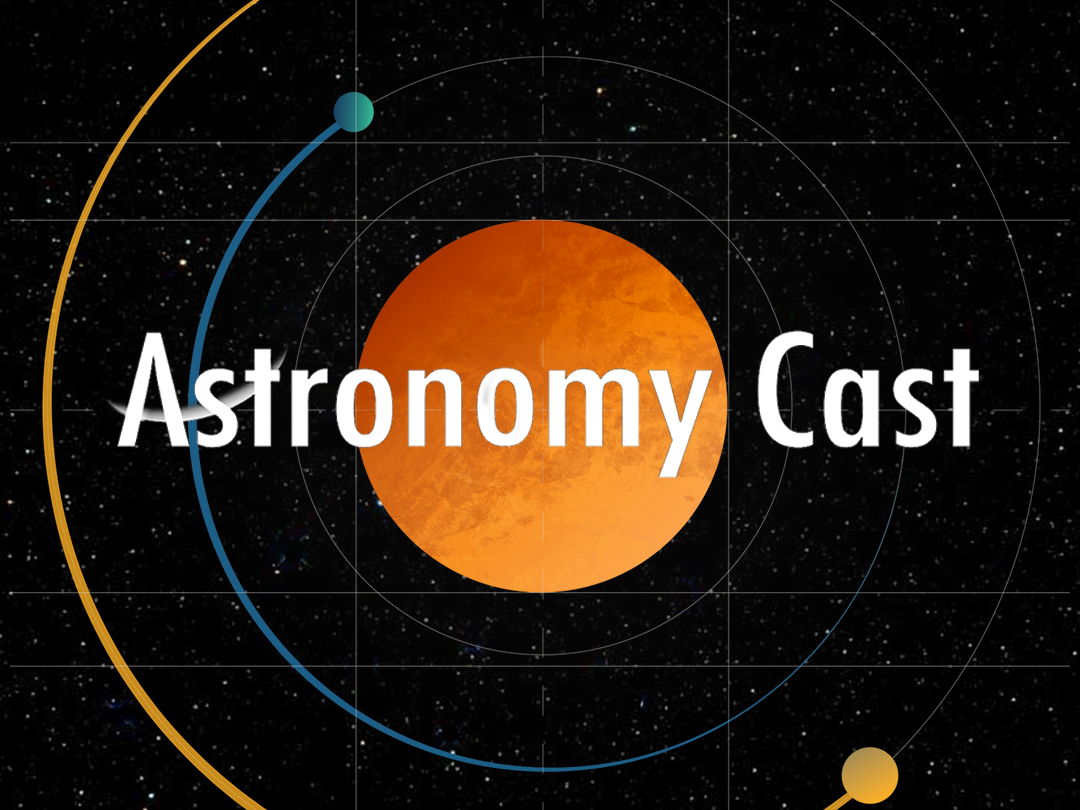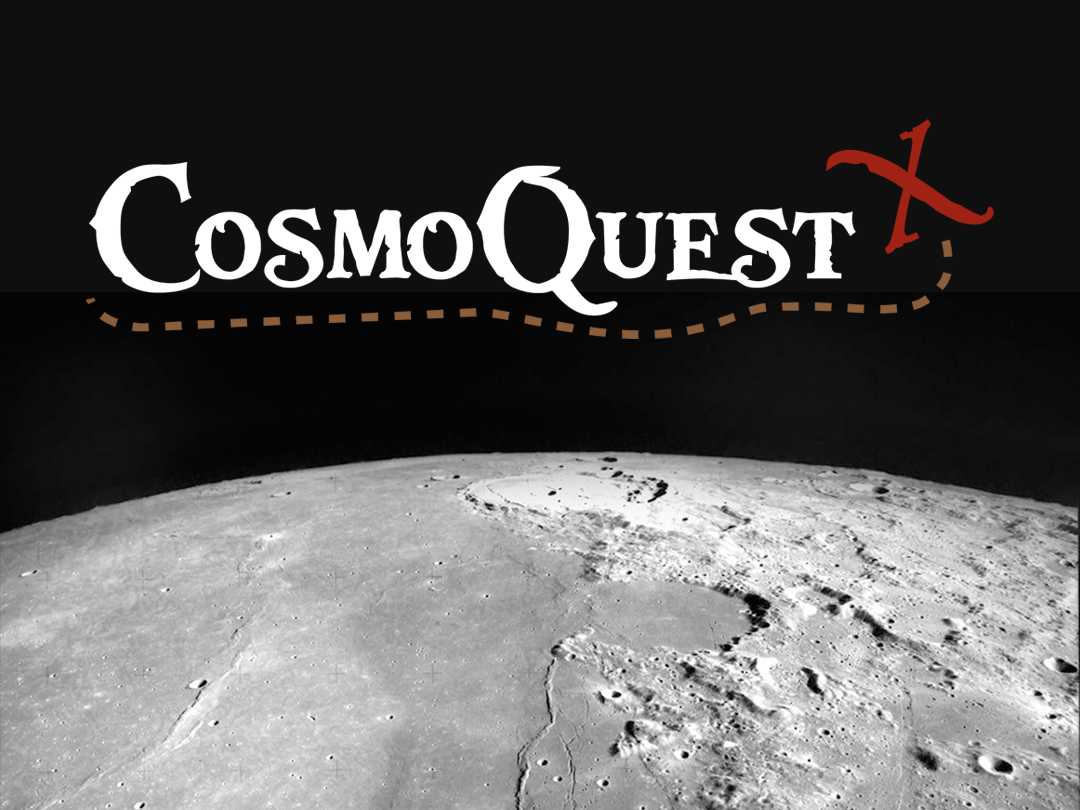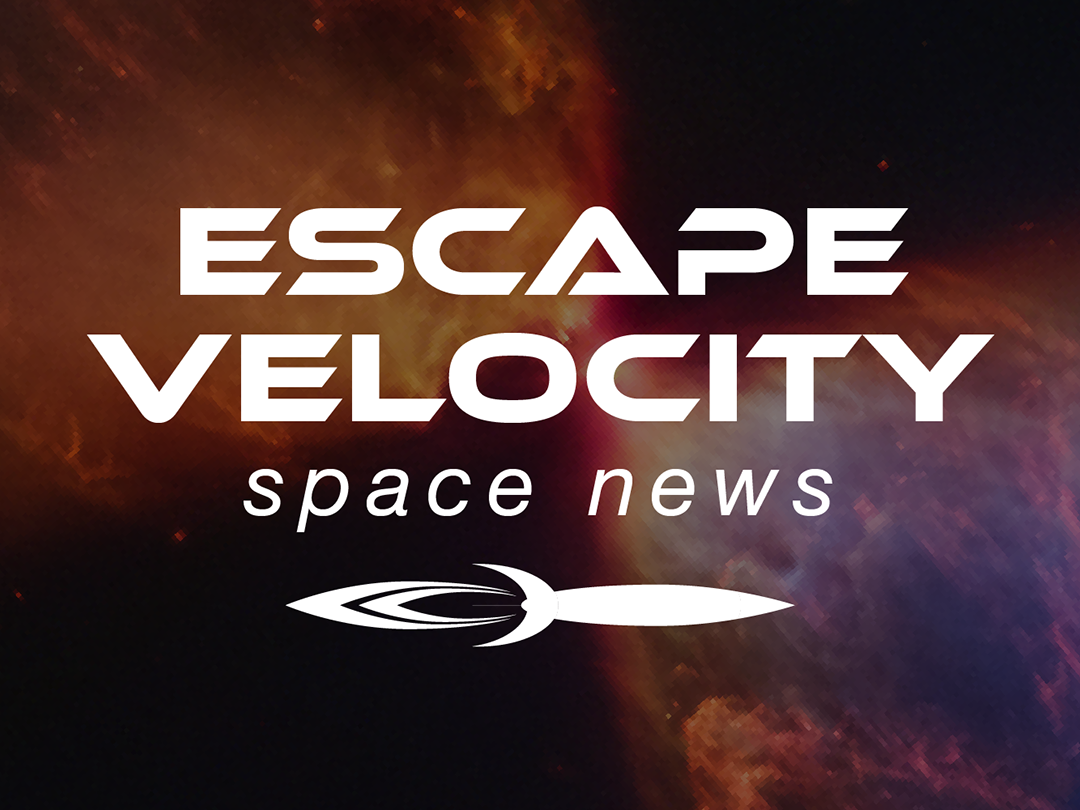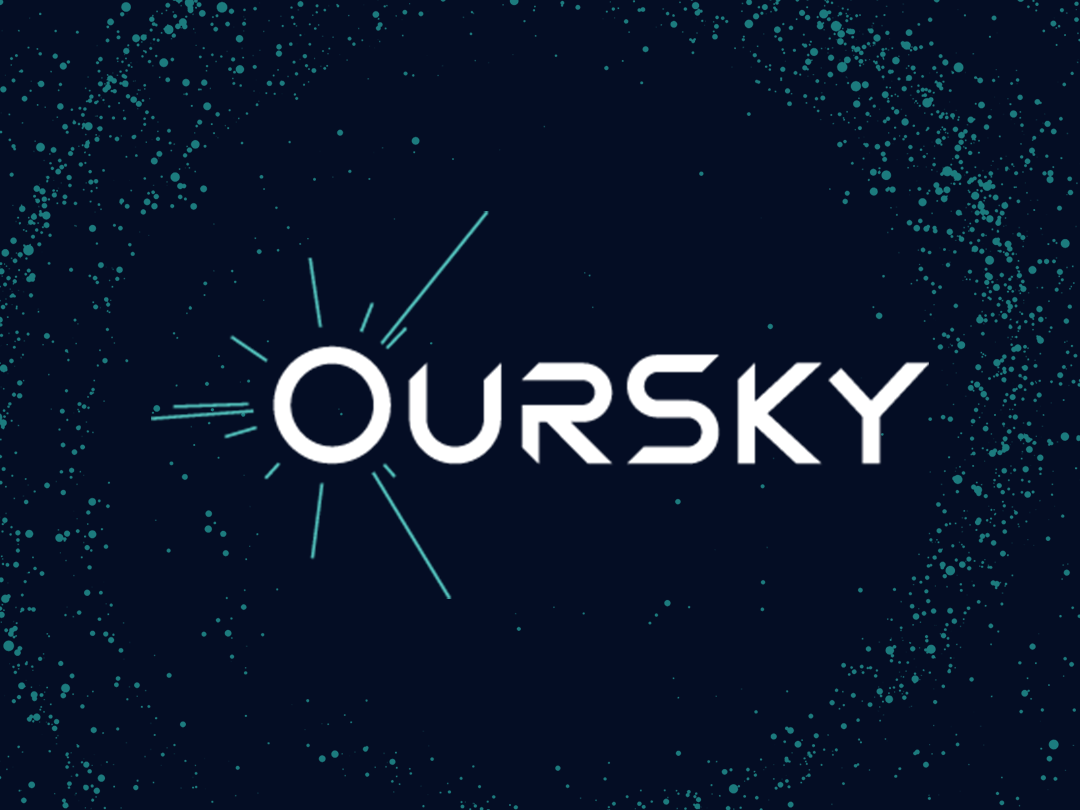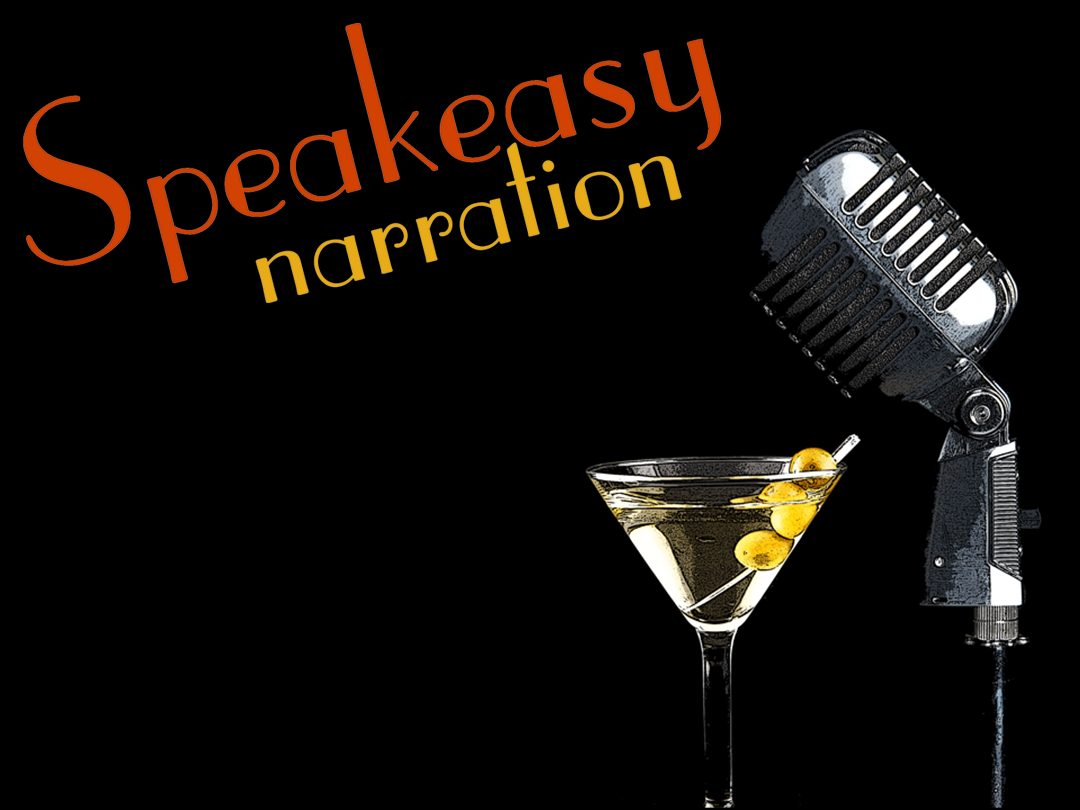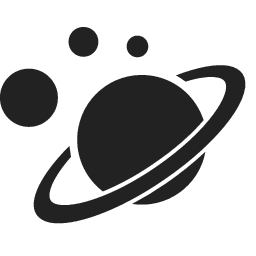 Science
Science
![]()
Sci Comm
![]()
Software
![]()
Art

Curriculum Vita
Need a conference speaker or show guest?
Need someone to science your audience? Want to learn more about astronomy’s latest discoveries, the role of everyday people in exploring our universe through citizen science, or someone to talk about how the astronomy advances at the speed of computing thanks to innovations in AI/ML, GPUs, and more? I am available for your IRL or virtual event. (View select past presentations here)
Latest Essays & Articles
In Search of Darkness
 Star light, star bright, first star I see tonight…First star? Hello? You’re supposed to come out now. Stars? Someone? Shine? Please?
Star light, star bright, first star I see tonight…First star? Hello? You’re supposed to come out now. Stars? Someone? Shine? Please?
While I was a graduate student at the University of Texas in Austin I watched the Ring Nebula (M57) disappear. When I first arrived in 1996, this former stellar atmosphere was clearly visible in binoculars from the roof of the building I worked in (RLM). In 2000 I could no longer see it, but some of my more owl-eyed students could see it faintly contrasting against the background glow of too many city lights. When I graduated in 2002, it was just gone. No pair of 10×50 binoculars was going to find it. According to the Greater Austin Chamber of Commerce the city grew from 846,227 people in 1990 to 1,452,529 people in 2005. With that growth came lights, and with those lights came star consuming light pollution. As the world population grows and becomes progressively more industrialized, our entire planet is losing its ability to see faint stars and galaxies in the night skies.
The Three R`s: Research, `Riting, & Recording
The past 10 days have been an insanely busy whirlwind of activity for me, and I’m afraid real life pulled me away from online life for a bit. Last Thursday, I gave a presentation at my home university, SIUE, on both my research and podcasting (this was an experimental combination of two talks, and will in the future go back to always being two talks). Tuesday night I gave a talk on professional-amateur astronomy collaborations that highlighted my research on the star AH Leo at the Naperville Astronomical Association outside of Chicago. Both talks went well, and I’ll be recording an online version of the pro-am collaboration talk as time allows. With these presentations behind me and a few last bits of spring break in front of me, I’m going to steal a few days for the three R’s: Research, ‘riting, and recording.
Everyday Days of an Instructor
As an instructor I find that there are good days – days when my students remind me of why I selected my profession, and there are also bad days when small collections of specific students make me really frustrated. Most days, however, are just days where all of us are just trying to get through life. The measure of a career is ticked away in these more average days. The quality of these everyday days varies from place to place, and opinions of quality vary as one person’s pleasure is someone else’s terror. To find happiness, we must each tune our location to the lifestyle that makes us happiest on so called normal days.
Over the years, I’ve had the opportunity to work a lot of different places. The universities I’ve haunted have ranged from the Big Ten (MSU), to the Ivy League (MIT and Harvard), to the Big 12 (UT), to the unheard of (SAO), to a small state school (SIUE). My students faces have ranged in age from the 10-year old prodigy learning college-level astrophysics to the late 50s chinese immigrant working through freshmen physics toward a dreamed of PhD. The students I have worked with have ranged from students so smart and together that they can run 1500 person programs without traumatizing their grades, to students who are just trying to figure out how to just get through their next homework set. To me, the measure of my career is counted not in the number geniuses I can help loose onto the world, but rather it is counted in the number of students for whom I can make just one idea click and who I can help find their dream that they want to make reality.
